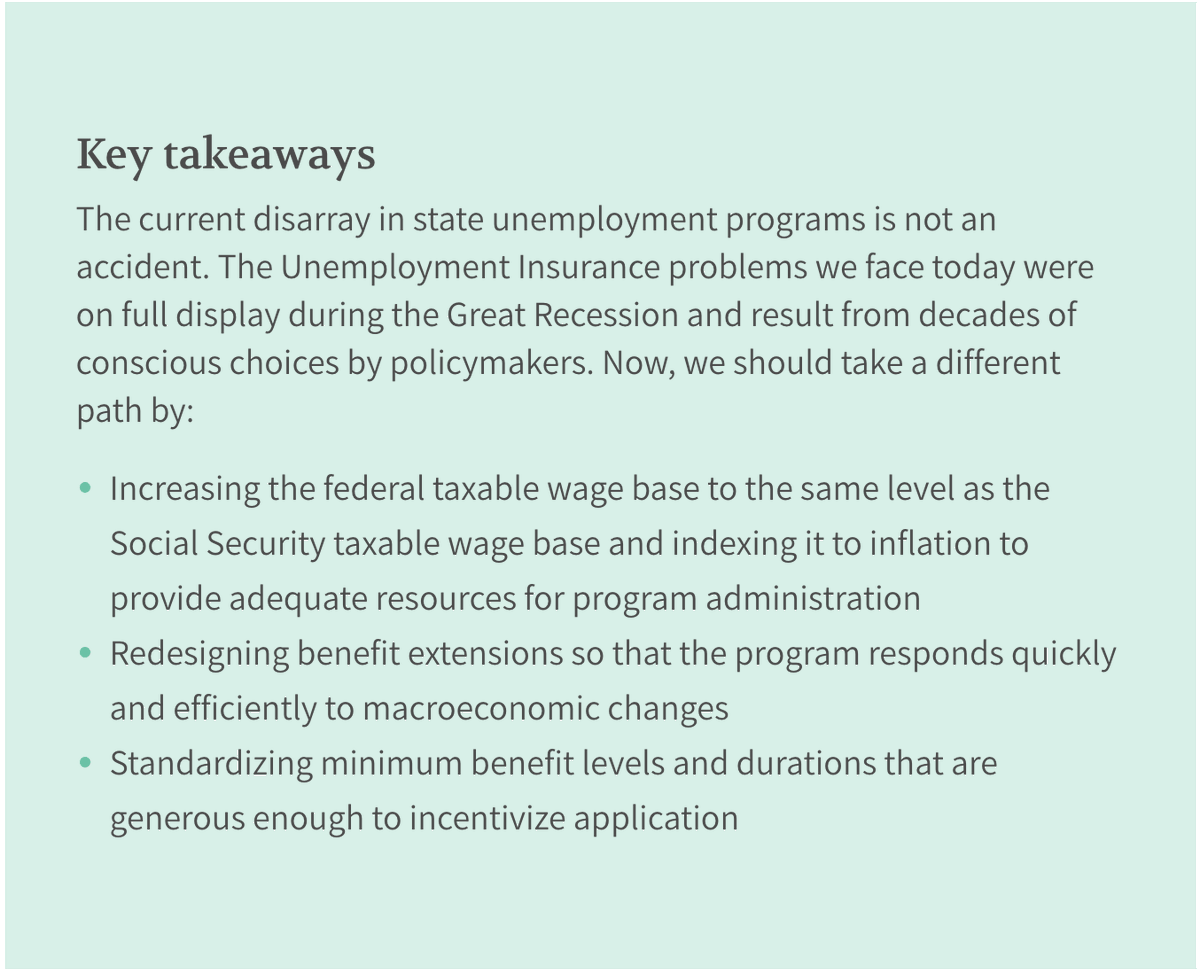
Starting now ⏰ @mlholder999 + @oscarthinks are talking current inflation for @NextCityOrg's Bottom Line Conversations series.
https://twitter.com/NextCityOrg/status/1536429591488765954
As we begin today's conversation, @mlholder999 reflects on what drew her to economics in the first place and her enduring interest in the issue of work and the position of different groups in the American labor market.
We're starting off with a broad—and important—question at @NextCityOrg: what is the mainstream media missing when it comes to inflation and the economy as a whole?
Here's what @mlholder999 has to say: the 40-year high in inflation we’re seeing is from a complex web of factors including decades of increased corporate power, diminished worker power, sustained supply chain issues, and geopolitical challenges like the war in Ukraine.
@mlholder999 As @mlholder999 points out, there's a global inflationary problem right now, suggesting there are forces other than US fiscal policies at play.
While some media coverage maligns large fiscal spending, legislation like the ARP did jumpstart the economy: equitablegrowth.org/the-american-r…
While some media coverage maligns large fiscal spending, legislation like the ARP did jumpstart the economy: equitablegrowth.org/the-american-r…
@mlholder999 Among labor economists, there's an understanding that a strong labor market is good for communities of color. That's a necessary requirement to achieve greater equality—but it's not sufficient, states @mlholder999. We also need livable wages.
@mlholder999 .@mlholder999: We're really in a period where we're seeing low wage workers understanding their importance in the economy and how critical the services they provide or goods they produce are to the wellbeing of everyone in this country.
@mlholder999 "These are millions of workers who keep our economy going, so now, there's this inflection point where workers understand they have more leverage than they've been led to believe, more bargaining power." -@mlholder999
@mlholder999 This is also a moment of increased unionization efforts after decades of decline, stresses @mlholder999, and we know that unions are a powerful tool to restore worker power and counteract employers wage-setting power: equitablegrowth.org/factsheet-how-…
@mlholder999 Is there a connection between this strong labor market right now and unionization, asks @oscarthinks?
Absolutely, says @mlholder999 (and shouts out @EGLaborUnion!). This environment is more conducive to workers who want to unionize and make reasonable requests to employers.
Absolutely, says @mlholder999 (and shouts out @EGLaborUnion!). This environment is more conducive to workers who want to unionize and make reasonable requests to employers.
@mlholder999 Now we're on to the Fed and @oscarthinks points out that this week the Fed is meeting to decide on interest rates—and it's a historic meeting as @drlisadcook and Philip Jefferson take up their new positions, marking the first meeting ever with two Black governors.
@mlholder999 For me personally, it's monumental, says @mlholder999, and long overdue for the country. These are people who understand what faces communities of color in this country and what the impact of Federal Reserve policies have been on communities of color.
@mlholder999 Economic policy is not “colorblind,” and this includes monetary policy. A comprehensive view of the economy must take this fact into consideration, stresses @mlholder999, and so the Fed must ensure its actions and interventions are racially and economically inclusive.
@mlholder999 On to Q&A time! @mlholder999 is discussing raising interest rates and why the Fed needs to be vigilant about potential ramifications: if rates are raised too much or too quickly, it’s very possible that these actions could manufacture a recession—one w/ inequitable effects.
@mlholder999 As the conversation today wraps up, @oscarthinks and @mlholder999 are asking the audience: what have you done to cope with rising inflation?
@mlholder999 If you take one thing away from today's @NextCityOrg discussion, let it be the need to recenter those who are feeling the pain from the rising prices of necessities rather than focusing solely on top-line numbers and theoretical discourses.
@mlholder999 Just look at the research from #EGgrantee @JacobOrchard5, which finds low-income households are hit twice by recessions: once by the recession itself and again as their price index increases relative to other households. equitablegrowth.org/working-papers…
@mlholder999 And a few weeks ago, our @econo_fish reviewed recent research that further illuminates how the headline inflation number followed so closely fails to capture the full experience of inflation.
equitablegrowth.org/the-impact-of-…
equitablegrowth.org/the-impact-of-…
@mlholder999 (@econo_fish is an expert on this—he's been working with @djatumich, Tim Smeeding, and Jeff Thompson to examine consumption inequality since 1989 and consumption by race. More details:
psc.isr.umich.edu/pubs/abs/14897)
psc.isr.umich.edu/pubs/abs/14897)
@mlholder999 As today ends, a good note to end on: @mlholder999 returns to her excitement around unionization and the reinvigorated interest at the lowest quartile of wages. A strong union movement in the country when we've had one has translated to real gains for workers and their families.
• • •
Missing some Tweet in this thread? You can try to
force a refresh






